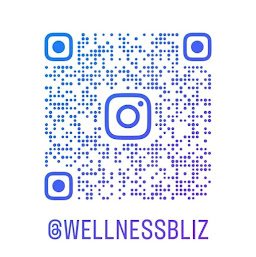Absolutely, understanding what foods to avoid during the initial stages of pregnancy is crucial for the health and development of the baby. Here's a blog post highlighting foods to steer clear of during the first month of pregnancy
Congratulations on embarking on this incredible journey of motherhood! The initial stages of pregnancy are a critical time when proper care and nutrition play a pivotal role in the development of the baby. While it's essential to focus on a healthy diet, there are certain foods that should be avoided during the first month of pregnancy to safeguard both mother and baby's well-being.
Raw or Undercooked Meats:
Raw or undercooked meats, including sushi, unpasteurized meats, and poultry, pose a risk of containing harmful bacteria like salmonella, E. coli, or listeria, which can lead to foodborne illnesses that might harm the fetus.
Raw Seafood:
Avoid consuming raw seafood, especially shellfish like oysters and clams, due to the potential presence of bacteria and viruses that could cause food poisoning or infections.
Unpasteurized Dairy Products:
Unpasteurized milk, cheese, and other dairy products might contain bacteria such as Listeria monocytogenes, which can lead to severe complications during pregnancy.
Certain Fish with High Mercury Content:
Some fish, like shark, swordfish, king mackerel, and tilefish, contain high levels of mercury, which can be harmful to the baby's developing nervous system. Opt for low-mercury alternatives like salmon, shrimp, or canned light tuna.
Raw Eggs and Foods Containing Raw Eggs:
Raw or undercooked eggs and foods containing them, such as homemade mayonnaise, hollandaise sauce, or certain salad dressings, carry a risk of salmonella infection.
Unwashed Fruits and Vegetables:
Ensure that fruits and vegetables are thoroughly washed to remove any traces of dirt, bacteria, or pesticides that could potentially harm you or the baby.
Caffeine and Alcohol:
Minimize or completely avoid caffeine and alcohol during the first trimester as they can affect the baby's development and increase the risk of complications.
Excessive Vitamin A:
High levels of vitamin A, often found in supplements and certain animal-based foods, should be moderated as excessive amounts can be harmful to the developing fetus.
Unwashed Sprouts:
Raw sprouts, like alfalfa, clover, or radish sprouts, can carry bacteria like E. coli or salmonella. It's safer to avoid them during pregnancy.
Remember, maintaining a healthy and balanced diet is crucial during pregnancy. Focus on consuming plenty of fruits, vegetables, whole grains, lean proteins, and foods rich in folic acid, iron, and calcium to support the baby's growth and development.
Always consult with your healthcare provider or a nutritionist for personalized guidance on what to eat and avoid during pregnancy. Taking these precautions will contribute significantly to a healthy and happy pregnancy journey.
Wishing you a joyful and healthy pregnancy ahead!
Please ensure to include additional medical consultation and personalized advice in the blog, as every pregnancy is unique, and individual circumstances may vary.















0 Comments